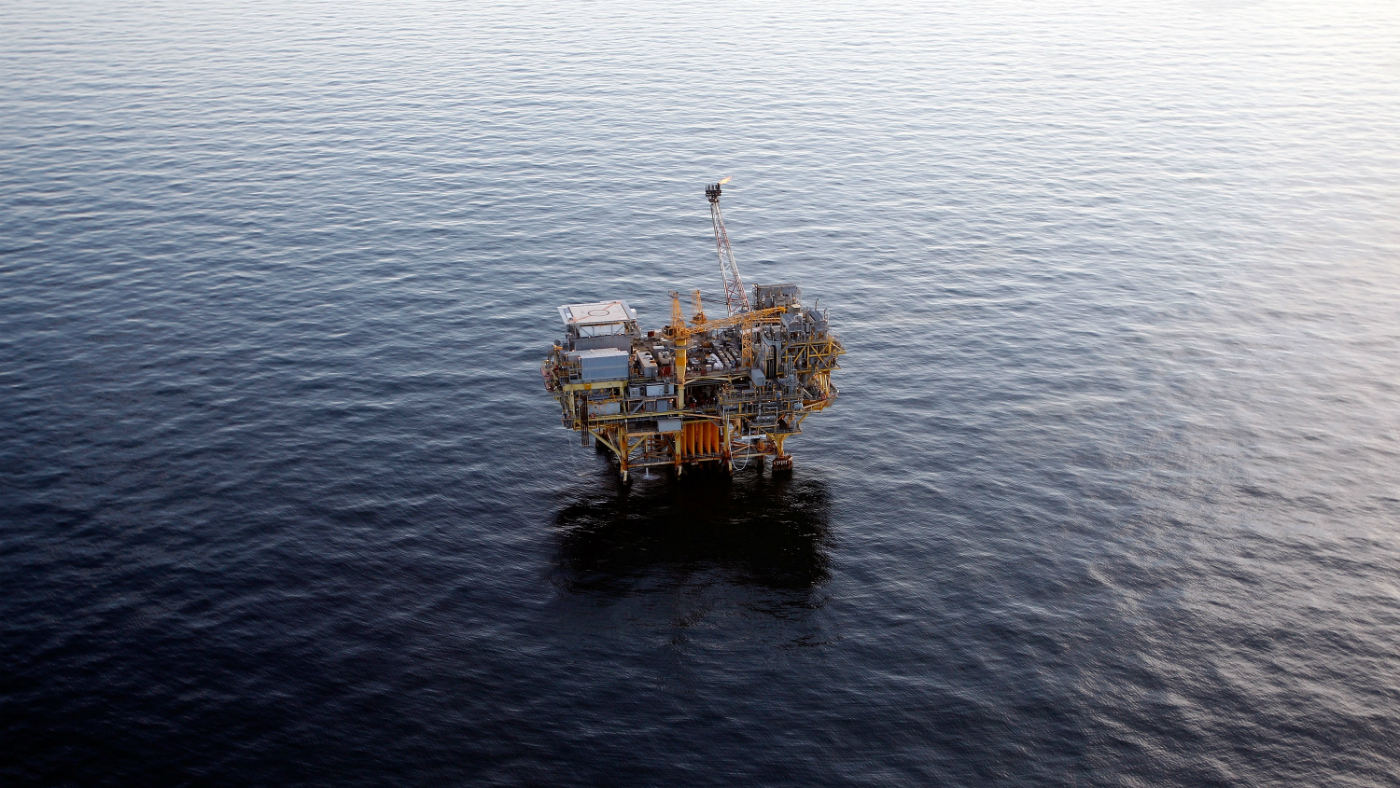Why Norway is refusing to drill for oil worth billions
Government both praised and criticised over decision to withdraw support for oil exploration off Lofoten Islands

A free daily email with the biggest news stories of the day – and the best features from TheWeek.com
You are now subscribed
Your newsletter sign-up was successful
Norway’s parliament has dealt a blow to the nation’s vast oil industry by withdrawing support for explorative drilling off the Lofoten Islands in the Arctic.
It has been estimated that there may be “one billion to three billion barrels of oil beneath the seabed off the Lofoten archipelago”, says The Independent.
Energy news site Oilprice reports that “environmentalists and smaller parties in Norway have been strongly opposed to any meddling with the beauty of the Lofoten, Vesteralen, and Senja islands”, considered one of the Scandinavian country’s natural wonders.
The Week
Escape your echo chamber. Get the facts behind the news, plus analysis from multiple perspectives.

Sign up for The Week's Free Newsletters
From our morning news briefing to a weekly Good News Newsletter, get the best of The Week delivered directly to your inbox.
From our morning news briefing to a weekly Good News Newsletter, get the best of The Week delivered directly to your inbox.
The largest party in Norway’s opposition coalition, the Labour Party, has now “decided to withdraw its support for oil exploration offshore... creating a solid majority in parliament to keep the area off limits for drilling”, Bloomberg reports.
The lawmakers said the decision reflected “a shift in support for the policy within the party”, says market analysis firm S&P Global.
The move has been praised by environmentalists but is likely to put the Labour Party at odds with its historical supporters in the powerful oil industry unions.
“It takes courage and vision to stand up for systemic change. The permanent protection from oil drilling and exploration in Lofoten in Northern Norway should serve as an example for the rest of the world,” said a spokesperson for environmental protection organisation SeaLegacy.
A free daily email with the biggest news stories of the day – and the best features from TheWeek.com
Oil-rich Norway “currently pumps out over 1.6 million barrels of oil a day from its offshore operations”, reports The Independent.
However, the “dramatic shift” by the country’s biggest party indicates that “Western Europe’s biggest petroleum producer is falling out of love with oil”, adds Bloomberg reports.
That prediction will strike fear into many in Norway’s oil and gas sector, who see expanding offshore operations to the Lofoten region as “crucial for maintaining petroleum production levels in future”, says specialist news site Business Green.
Karl Eirik Schjott-Pedersen, head of the Norwegian Oil and Gas Association, said the sector was “surprised and disappointed” by the drilling ban. “It does not provide the predictability we depend on.”
Frode Alfheim, leader of Norway’s biggest oil union, Industry Energy, also attacked the decision.
“It creates imbalances in the policy discussions for an industry that’s dependent on a long-term perspective and we can’t accept that,” he told Bloomberg.
-
 How the FCC’s ‘equal time’ rule works
How the FCC’s ‘equal time’ rule worksIn the Spotlight The law is at the heart of the Colbert-CBS conflict
-
 What is the endgame in the DHS shutdown?
What is the endgame in the DHS shutdown?Today’s Big Question Democrats want to rein in ICE’s immigration crackdown
-
 ‘Poor time management isn’t just an inconvenience’
‘Poor time management isn’t just an inconvenience’Instant Opinion Opinion, comment and editorials of the day
-
 Epstein files topple law CEO, roil UK government
Epstein files topple law CEO, roil UK governmentSpeed Read Peter Mandelson, Britain’s former ambassador to the US, is caught up in the scandal
-
 Iran and US prepare to meet after skirmishes
Iran and US prepare to meet after skirmishesSpeed Read The incident comes amid heightened tensions in the Middle East
-
 Israel retrieves final hostage’s body from Gaza
Israel retrieves final hostage’s body from GazaSpeed Read The 24-year-old police officer was killed during the initial Hamas attack
-
 China’s Xi targets top general in growing purge
China’s Xi targets top general in growing purgeSpeed Read Zhang Youxia is being investigated over ‘grave violations’ of the law
-
 Panama and Canada are negotiating over a crucial copper mine
Panama and Canada are negotiating over a crucial copper mineIn the Spotlight Panama is set to make a final decision on the mine this summer
-
 How oil tankers have been weaponised
How oil tankers have been weaponisedThe Explainer The seizure of a Russian tanker in the Atlantic last week has drawn attention to the country’s clandestine shipping network
-
 Why Greenland’s natural resources are nearly impossible to mine
Why Greenland’s natural resources are nearly impossible to mineThe Explainer The country’s natural landscape makes the task extremely difficult
-
 Iran cuts internet as protests escalate
Iran cuts internet as protests escalateSpeed Reada Government buildings across the country have been set on fire